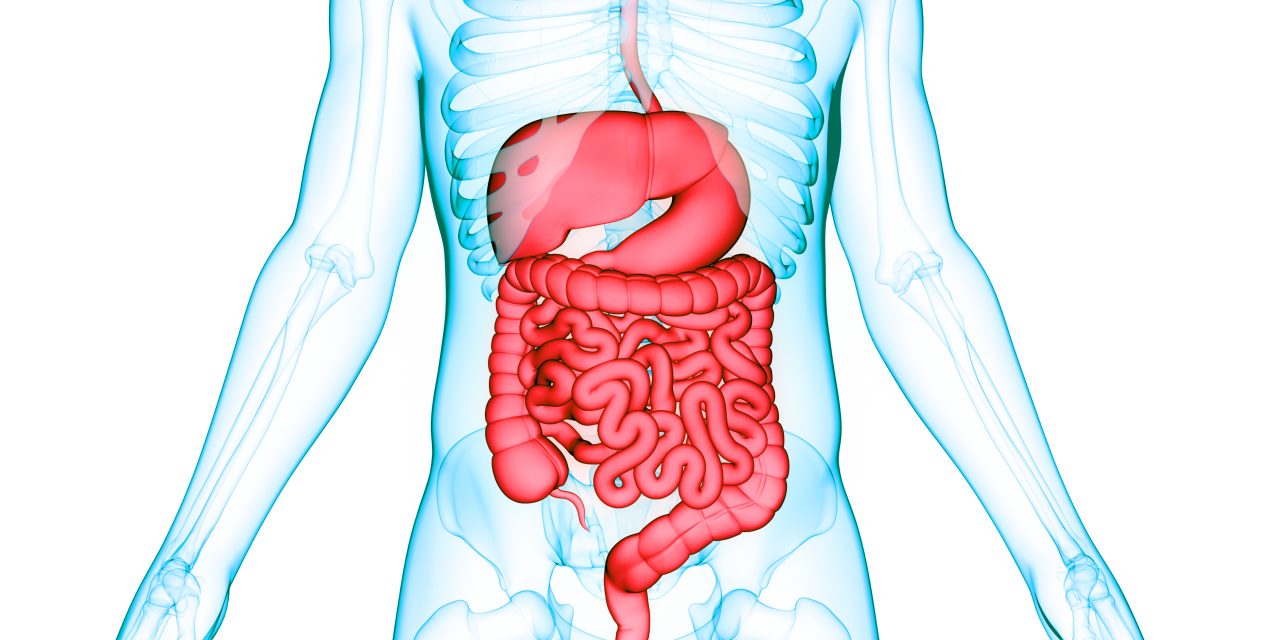A single-center, retrospective, observational cohort research was conducted to investigate the safety profile of biological therapy in children with inflammatory bowel disease (IBD). Retrospective, observational cohort analysis of juvenile IBD patients receiving infliximab, adalimumab, vedolizumab, or ustekinumab for at least two months. Data on immediate and delayed adverse events (AEs) were gathered, with emphasis on the nature and intensity of the reaction, the time of beginning, the outcome, and the temporary or permanent termination of medication as a result of the AE. The number of suspected and confirmed coronavirus disease-209 (COVID-19) cases, their outcomes, and flu vaccine coverage were all gathered. 185 children were enrolled: 149 received infliximab (IFX), 88 adalimumab (ADA), 18 vedolizumab, and 4 ustekinumab. The overall AE rate was 49 percent, with 67 percent of these most likely medication-related. Eleven patients had more than one AE, 18 had an acute reaction, and 82 had a delayed reaction. 97 percent of the 90 individuals who had at least one AE had mild-to-moderate AEs. Only four SAEs were reported. In 25 individuals, treatment was discontinued due to an adverse event.
The data support biologics’ high safety profile. Infusion reactions to IFX administration continue to be a major concern, as they are strongly linked to its immunogenicity and, as a result, have an impact on its efficacy and durability.


